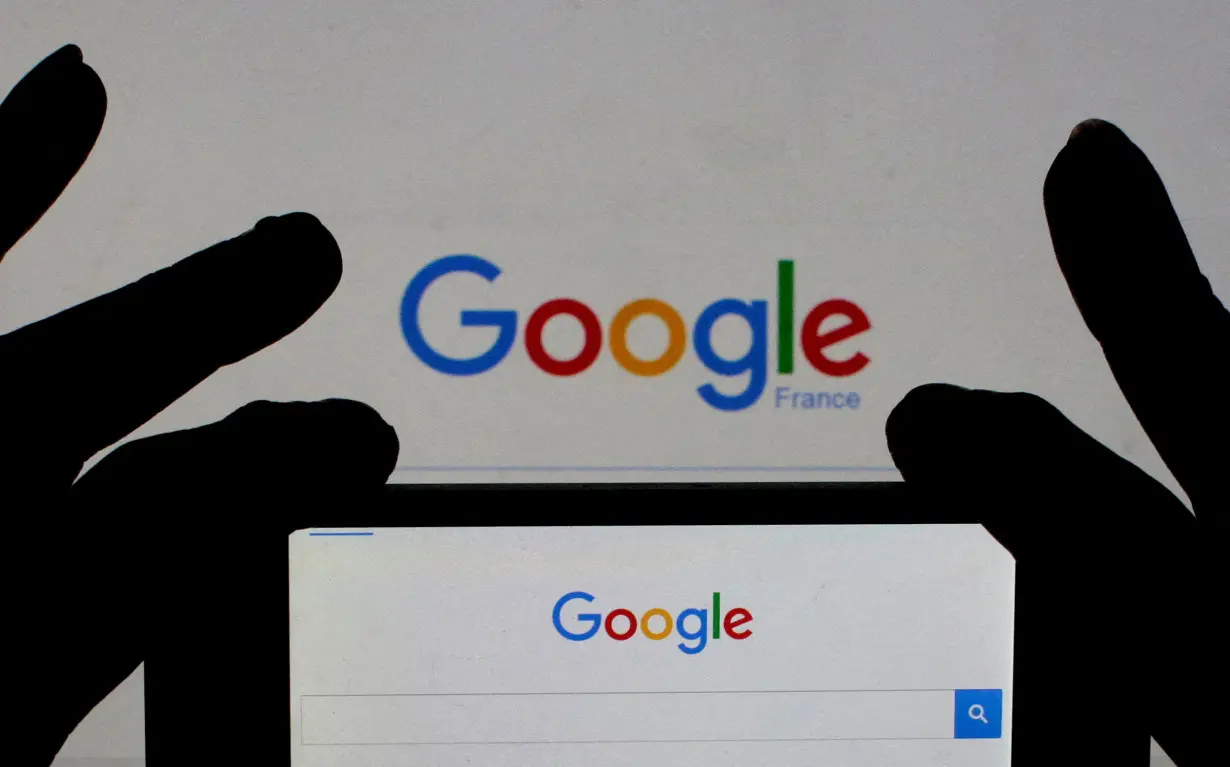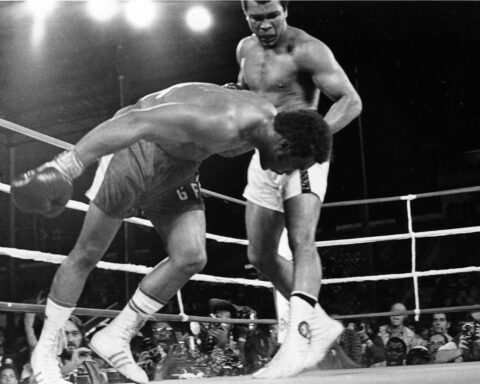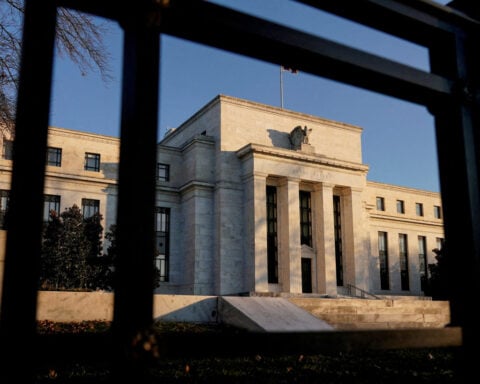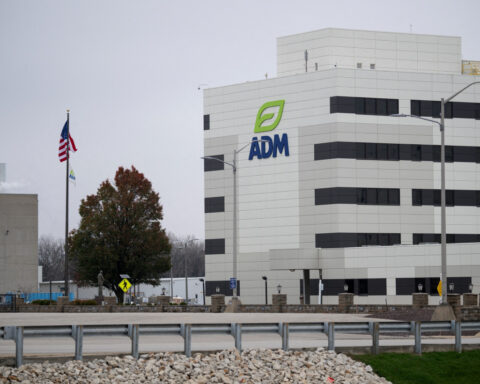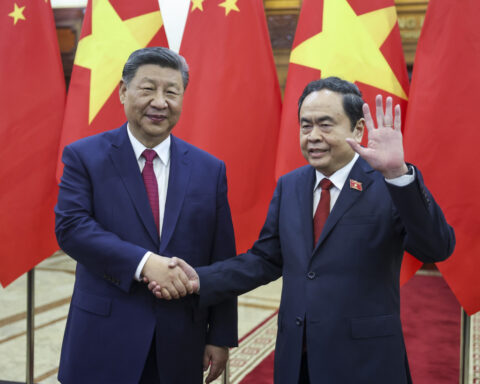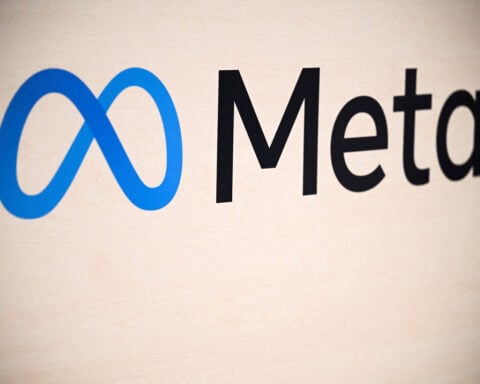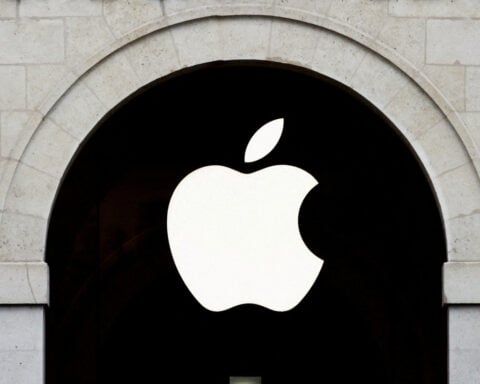By Diane Bartz
WASHINGTON (Reuters) - Alphabet's Google called its first witness on Wednesday in a once-in-a-generation U.S. antitrust trial, putting on the witness stand an executive who detailed the vast effort the company puts into ensuring search quality.
The Justice Department has called witnesses who testified about Google's payments, billions of dollars annually, to smartphone makers and wireless companies to make Google search the default on devices, and win more users. Others testified how search dominance led to clout in online advertising, including the ability to quietly raise ad prices.
Google has countered these arguments with several of its own, zeroing in on how the high quality of its search products have played a crucial role in customer demand and help explain the prominent placement on phones and tablets.
Pandu Nayak, a vice president for search who has been with Google since 2004, testified on Wednesday about the efforts that Google has made to index the web, culling out irrelevant pages and ranking websites in order to answer user queries with sources that are relevant and reliable. He also testified about how Google used machine learning tools that it developed to improve its search.
Nayak's discussions of improving search appeared to downplay the role that search query volume played, implicitly disagreeing with Microsoft CEO Satya Nadella's arguments that his company needed more search queries to improve its Bing search engine but was being blocked by Google.
Judge Amit Mehta, who will decide the case, asked Nayak how important "user interaction" was. Nayak acknowledged that user reactions to queries mattered but stressed the need for other factors - like infrastructure to track websites and how they change - is key.
Nayak also testified that Google compared its results to answers from Microsoft's search engine Bing, and found Bing to be lower quality. He said that Google has also begun comparing itself to the videosharing app TikTok.
(Reporting by Diane Bartz; Editing by Marguerita Choy)

 Trump has begun another trade war. Here's a timeline of how we got here
Trump has begun another trade war. Here's a timeline of how we got here
 Canada's leader laments lost friendship with US in town that sheltered stranded Americans after 9/11
Canada's leader laments lost friendship with US in town that sheltered stranded Americans after 9/11
 Chinese EV giant BYD's fourth-quarter profit leaps 73%
Chinese EV giant BYD's fourth-quarter profit leaps 73%
 You're an American in another land? Prepare to talk about the why and how of Trump 2.0
You're an American in another land? Prepare to talk about the why and how of Trump 2.0
 Chalk talk: Star power, top teams and No. 5 seeds headline the women's March Madness Sweet 16
Chalk talk: Star power, top teams and No. 5 seeds headline the women's March Madness Sweet 16
 Purdue returns to Sweet 16 with 76-62 win over McNeese in March Madness
Purdue returns to Sweet 16 with 76-62 win over McNeese in March Madness
